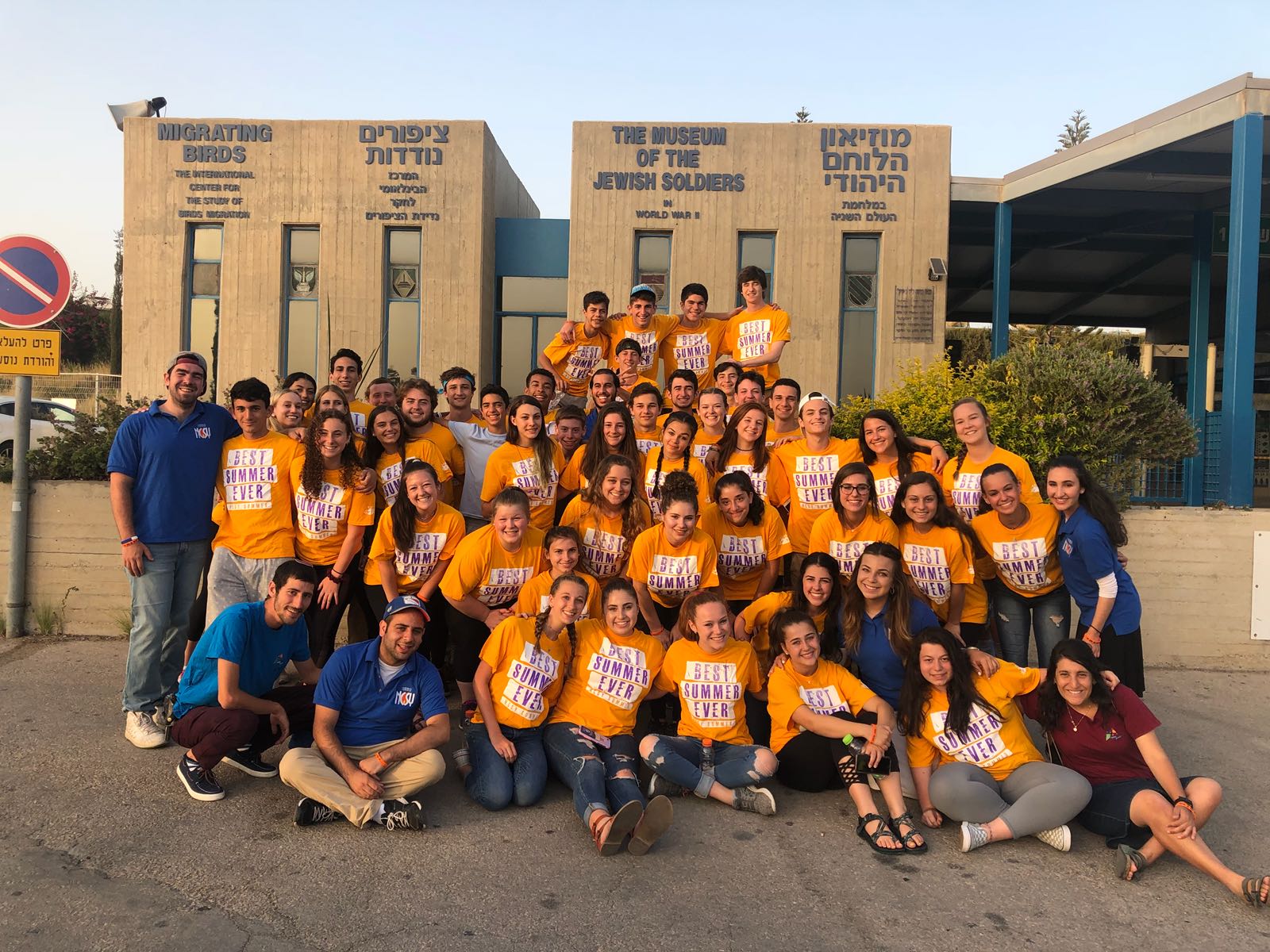Addicted to Pain Killers : Reprinted with permission from the Ami

~When we hear about the opioid crisis, we think, “That has nothing to do with me.” Yet innocent people have become addicted, often through no fault of their own. Here’s a look at this uniquely American epidemic and a story of one frum woman who lived through it.
The nurse was at my door, but I couldn’t even answer. I had been crying all morning, and when the doorbell rang for the third time, I knew I had to let her in or she’d leave. Once inside, she checked my vitals, but even though I was now in the presence of

















